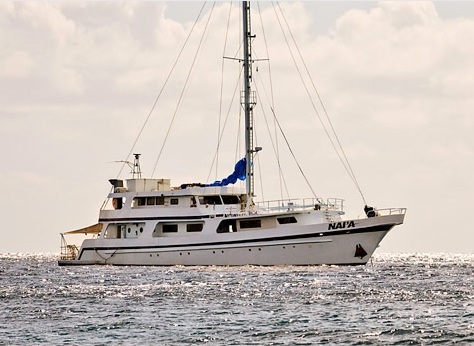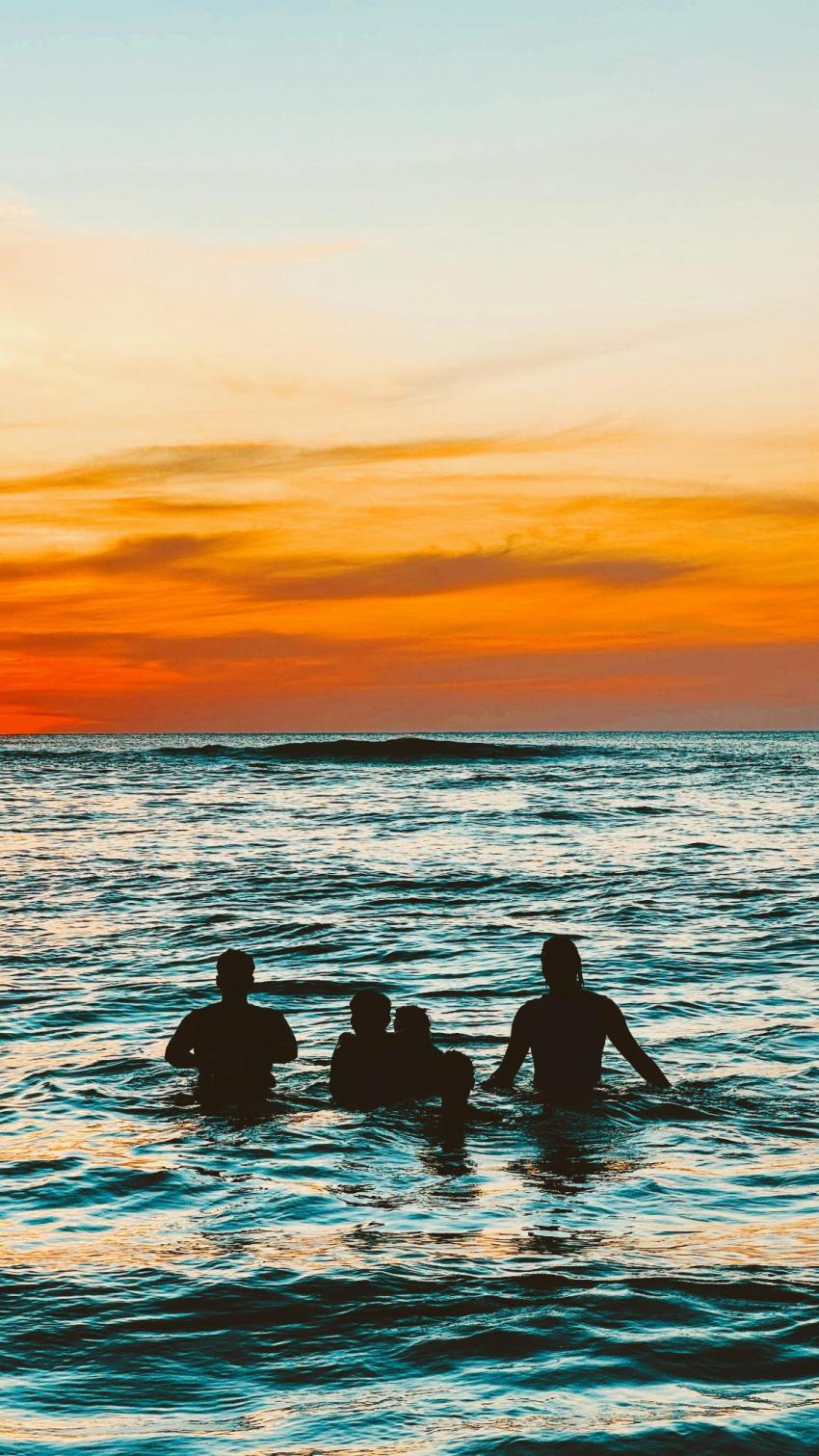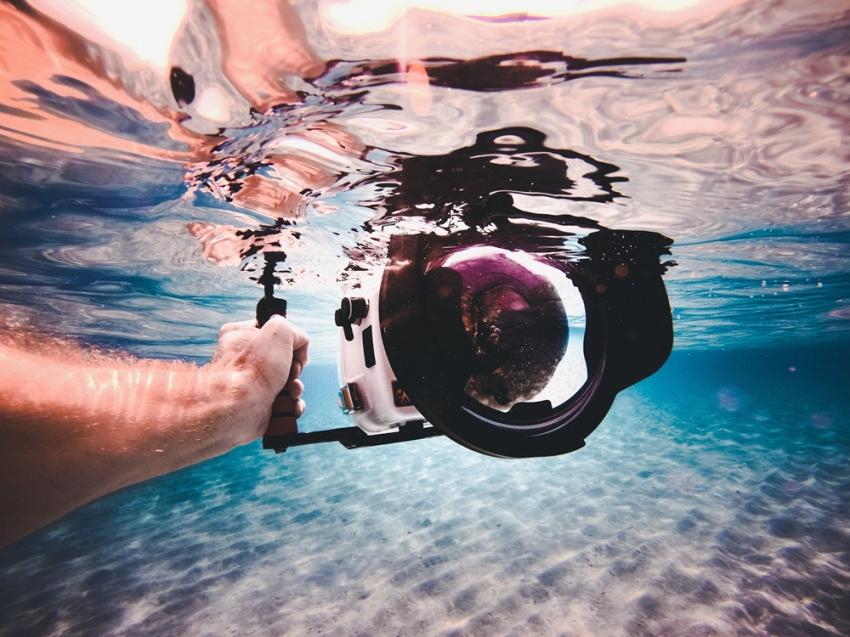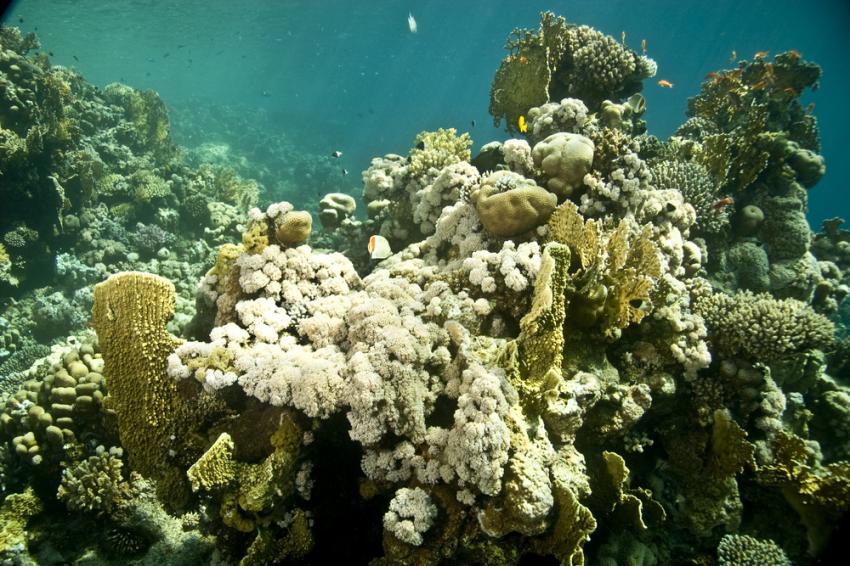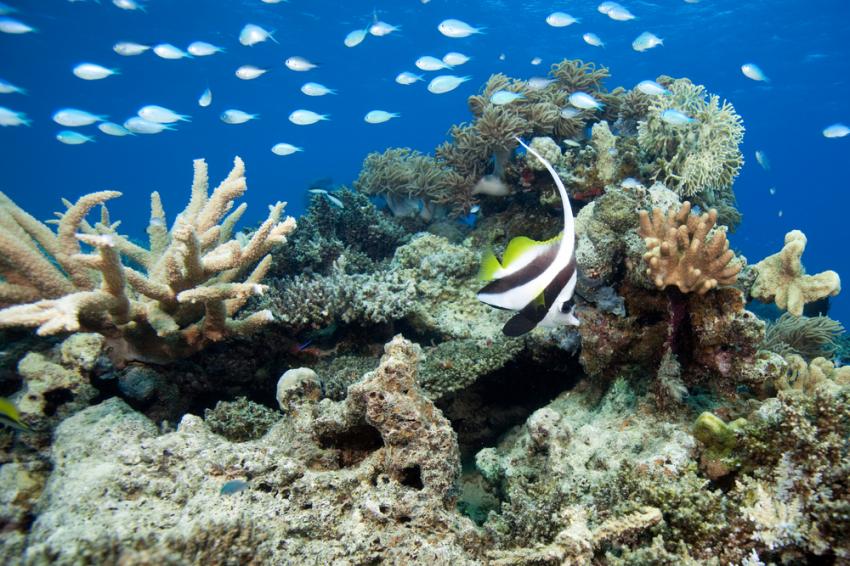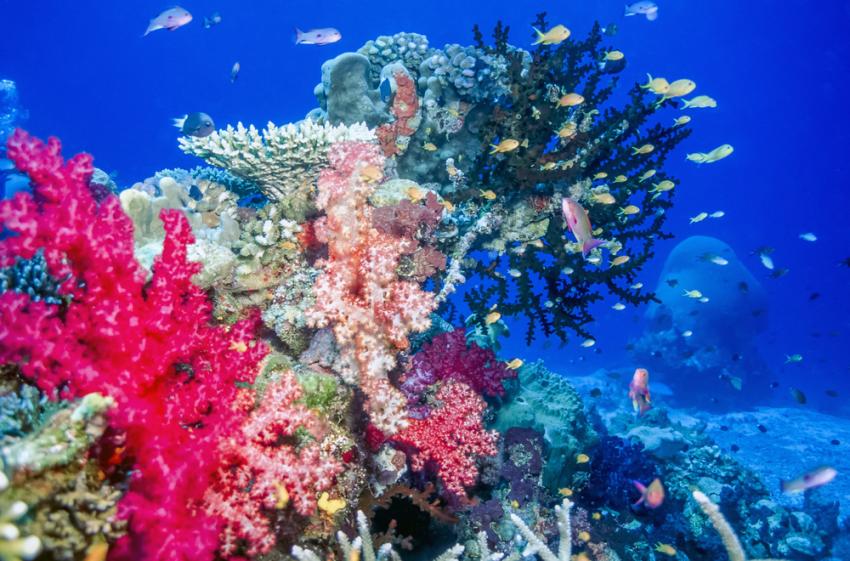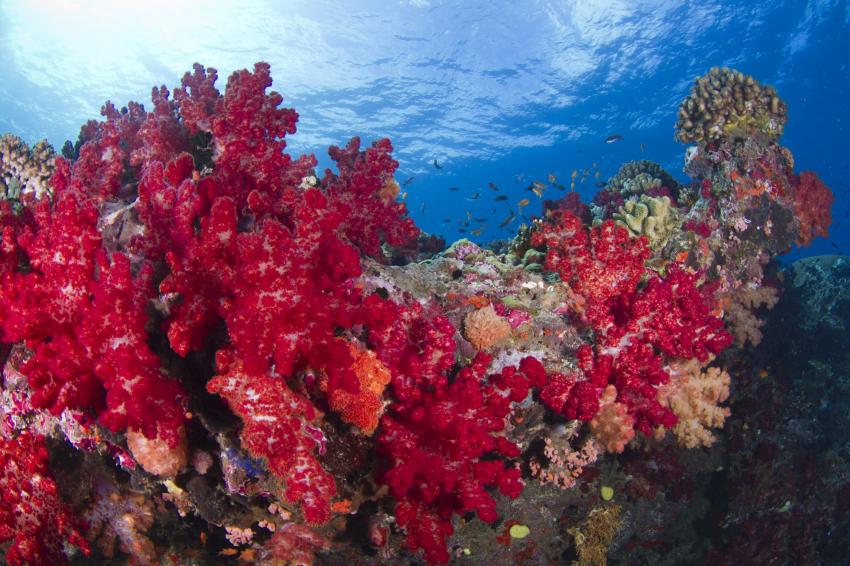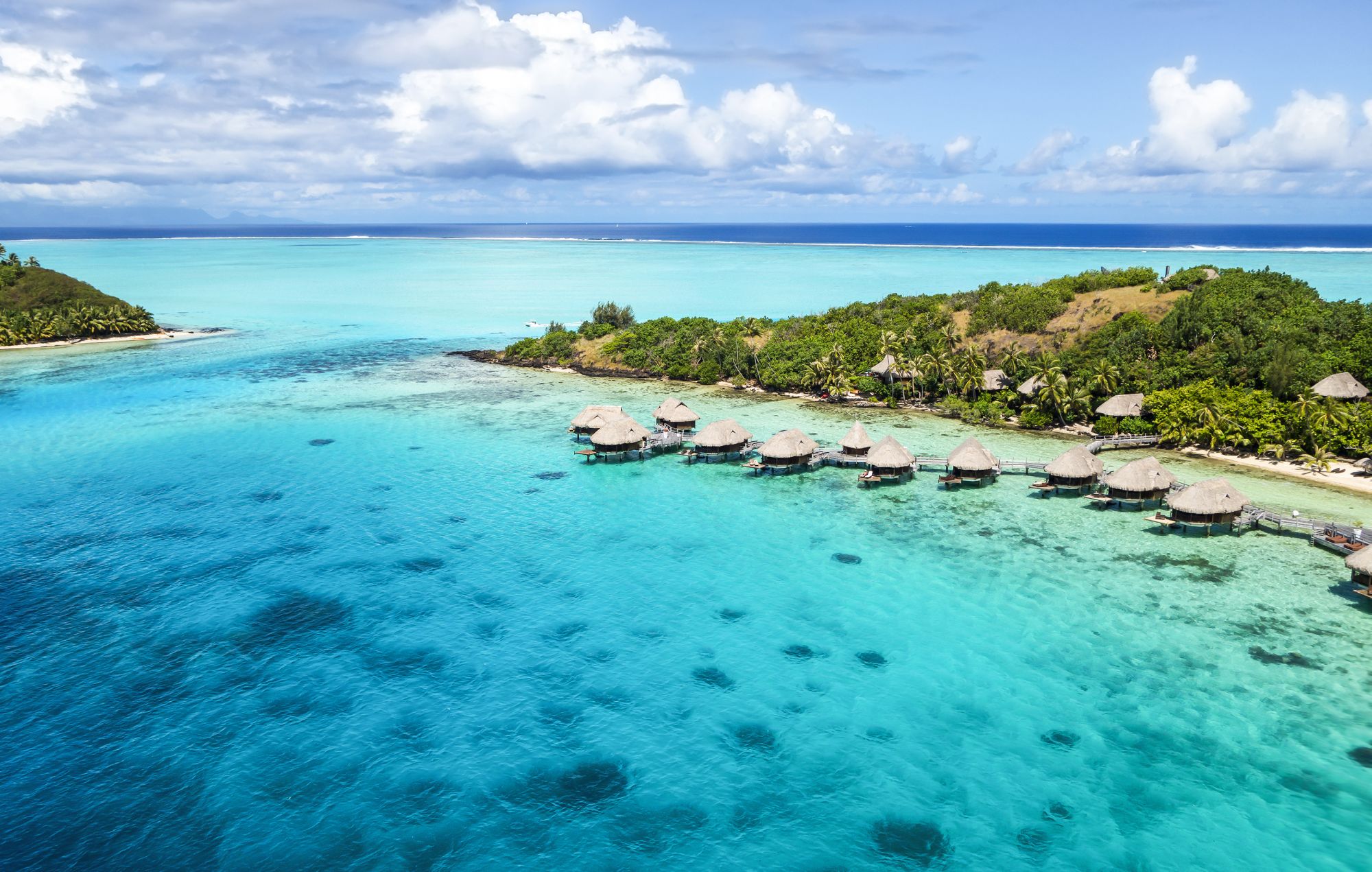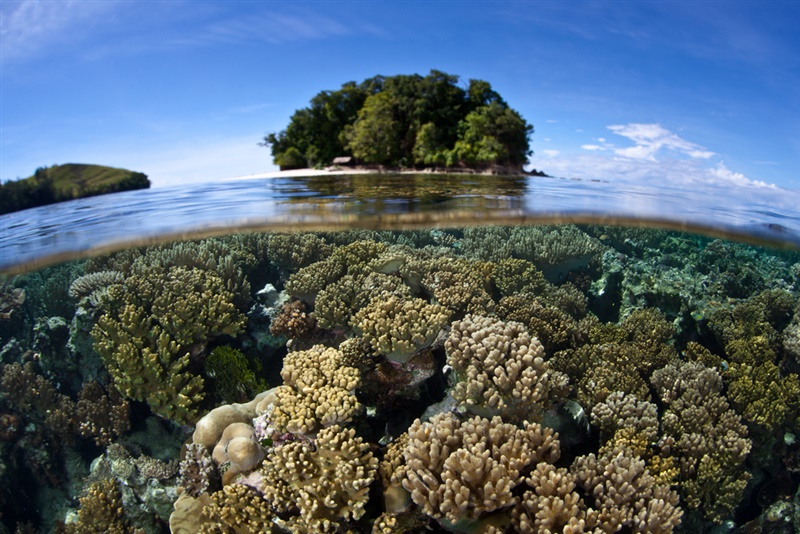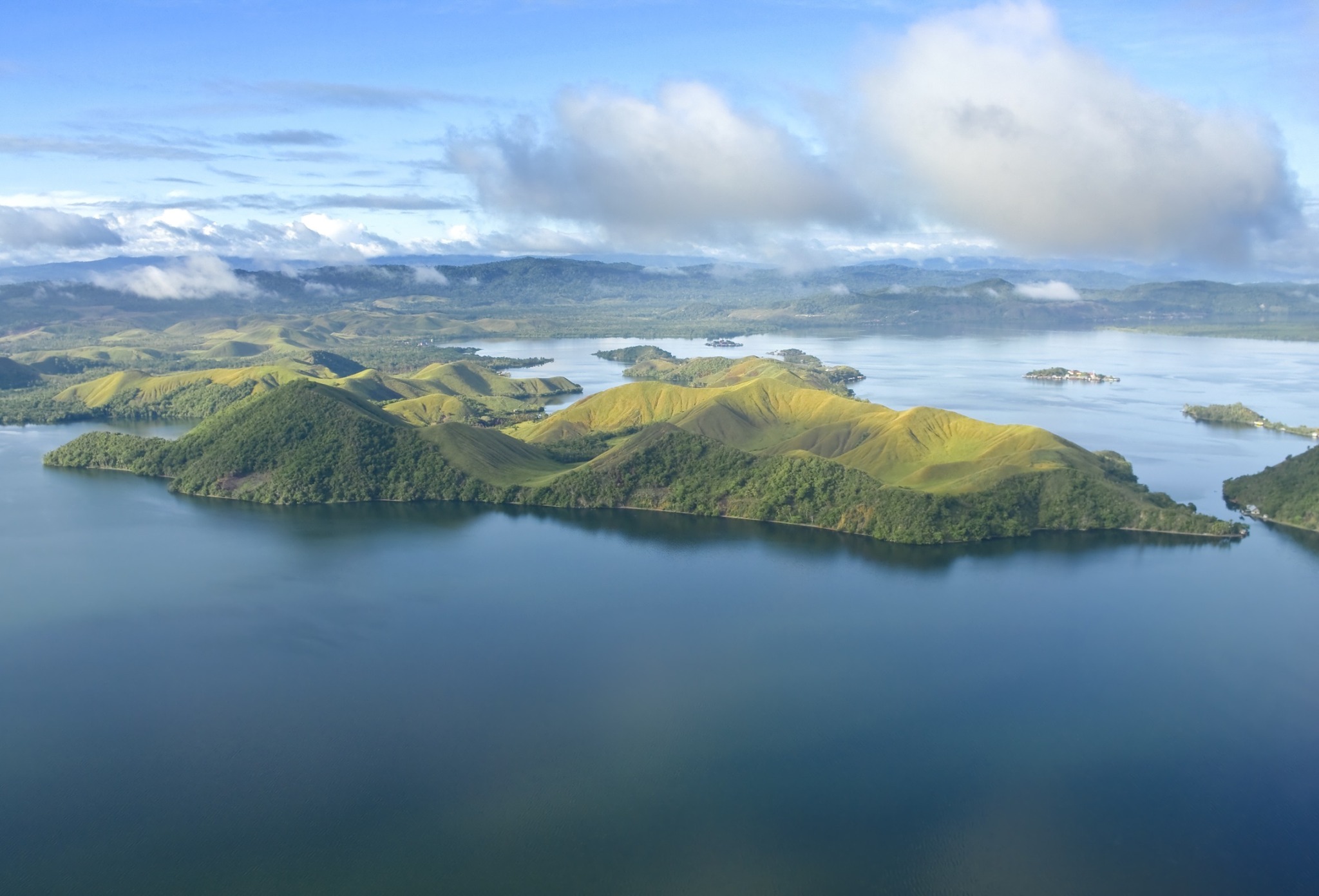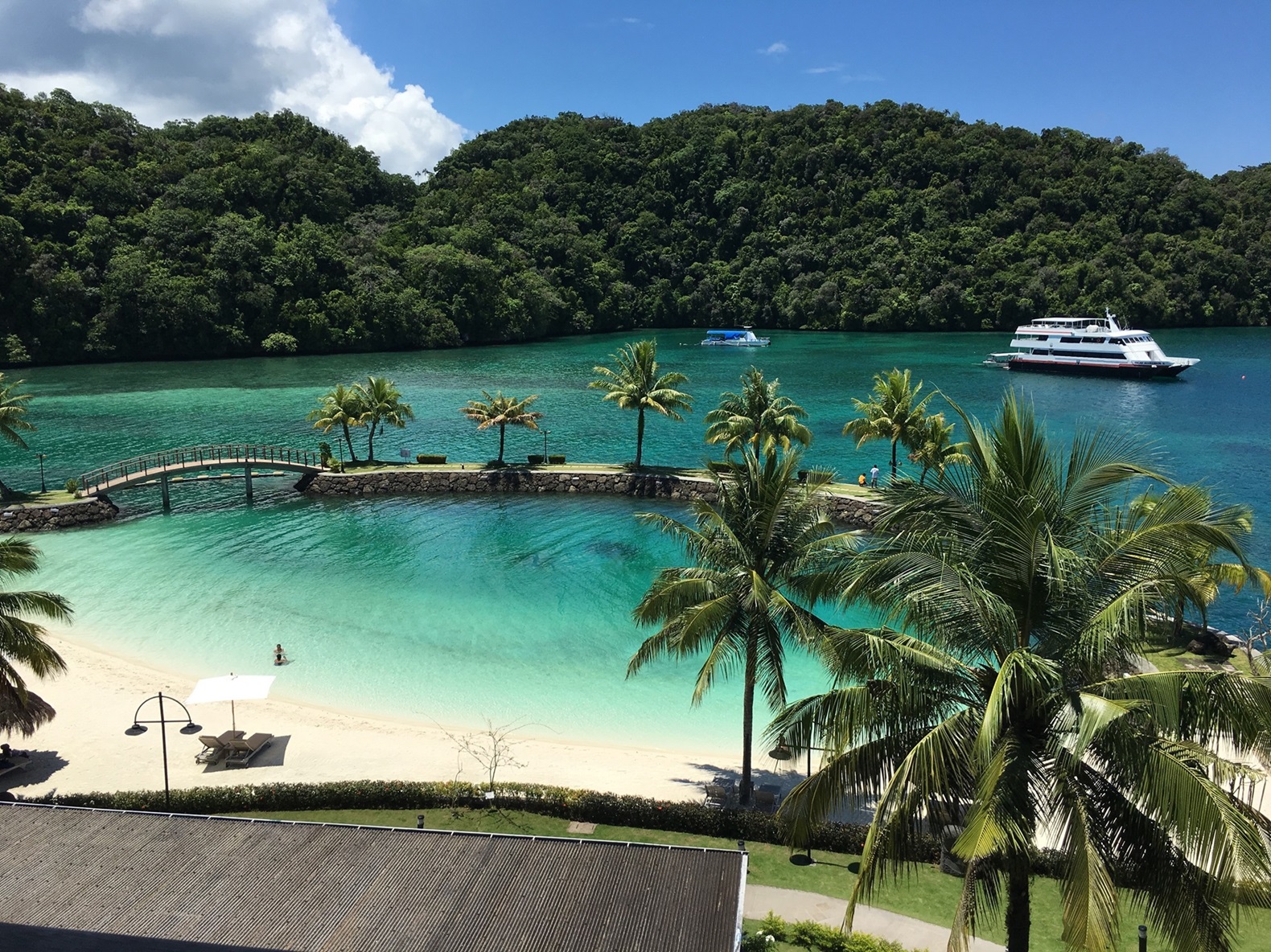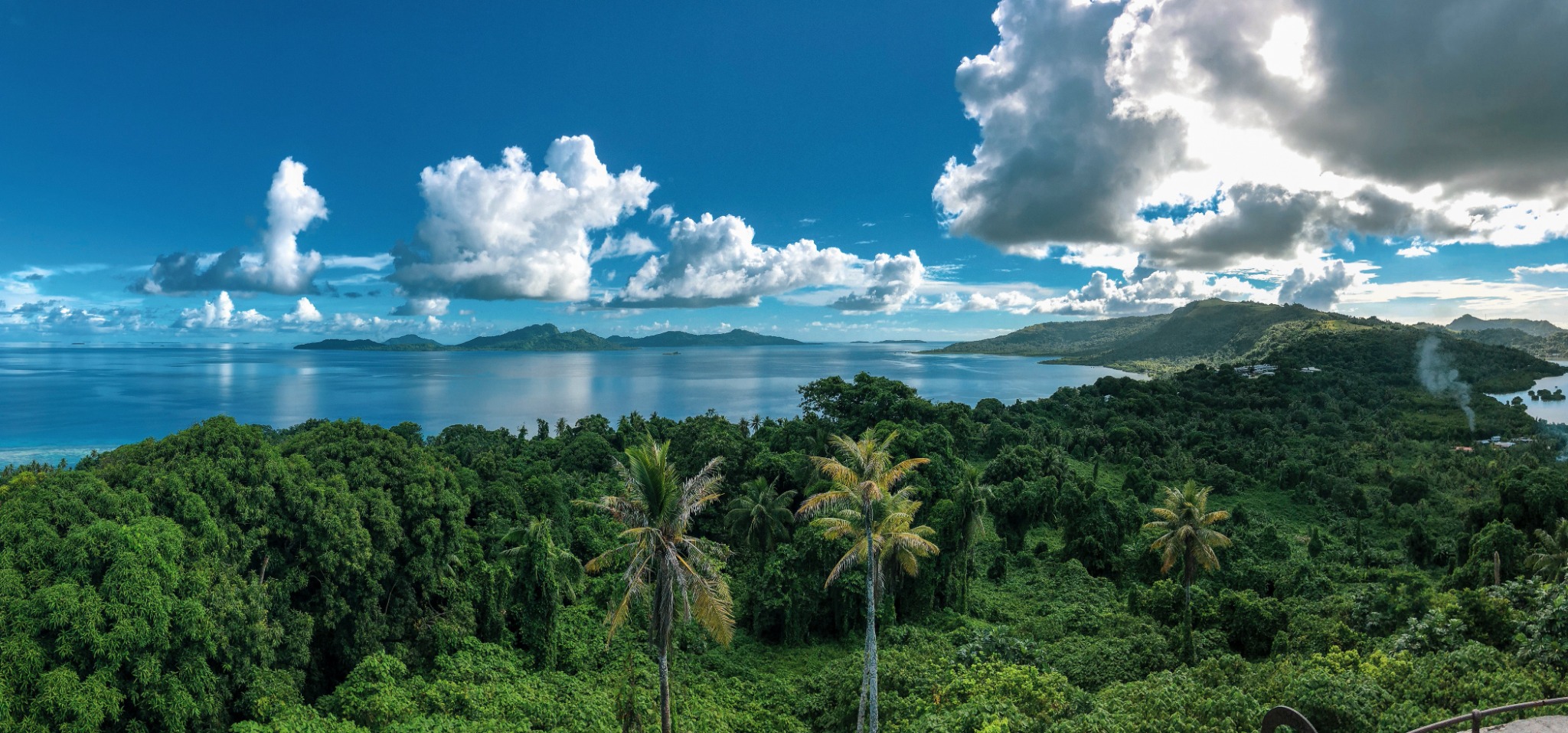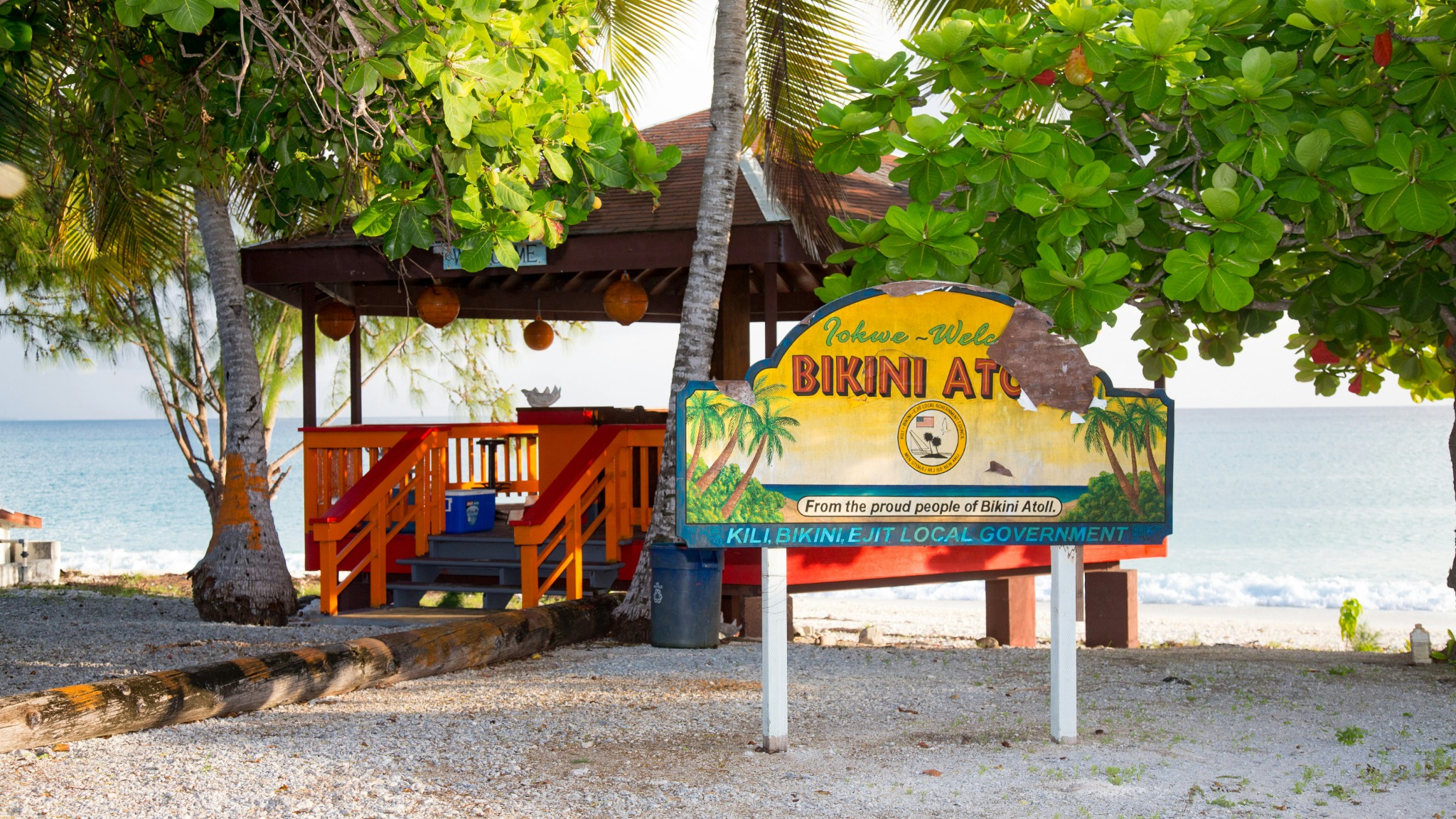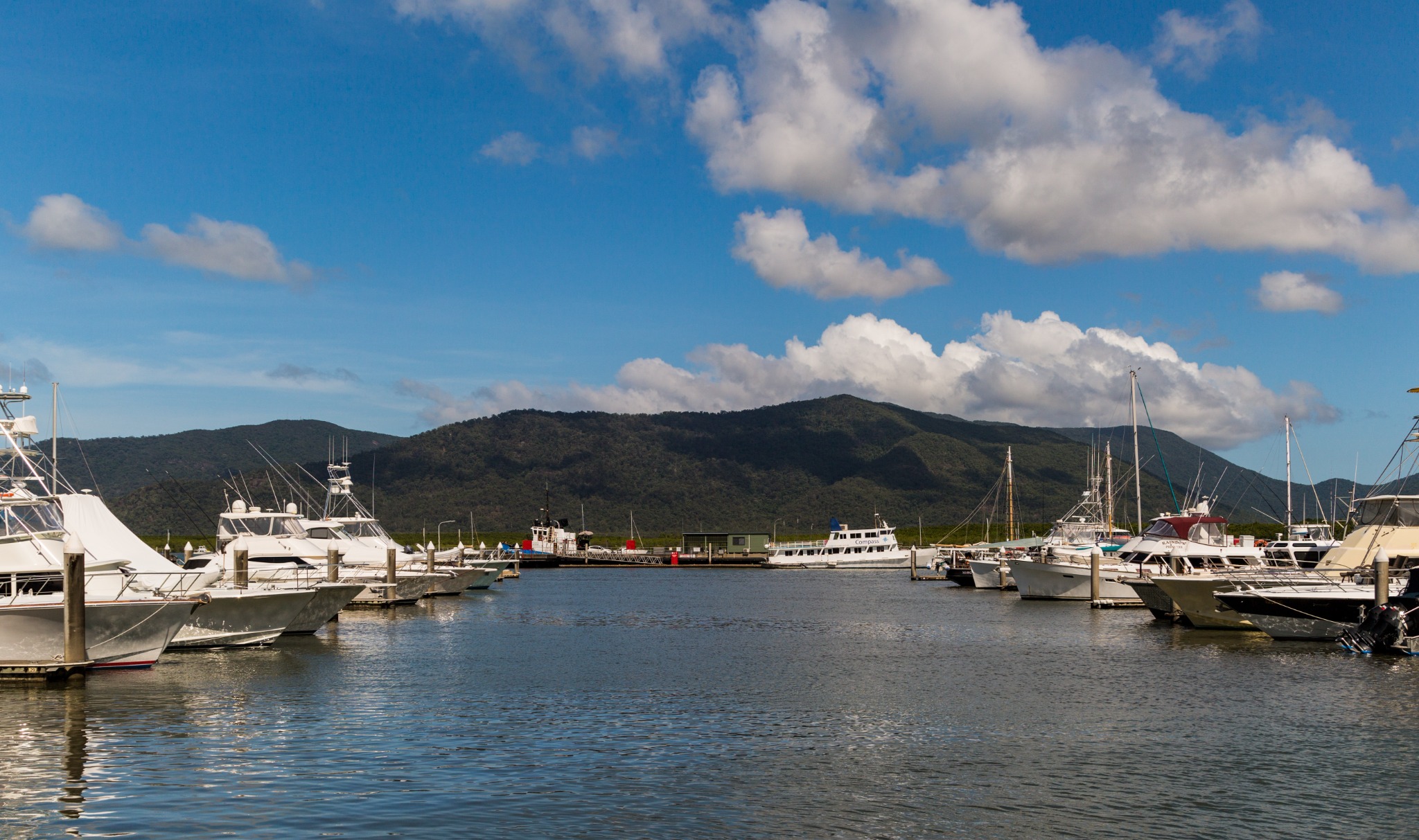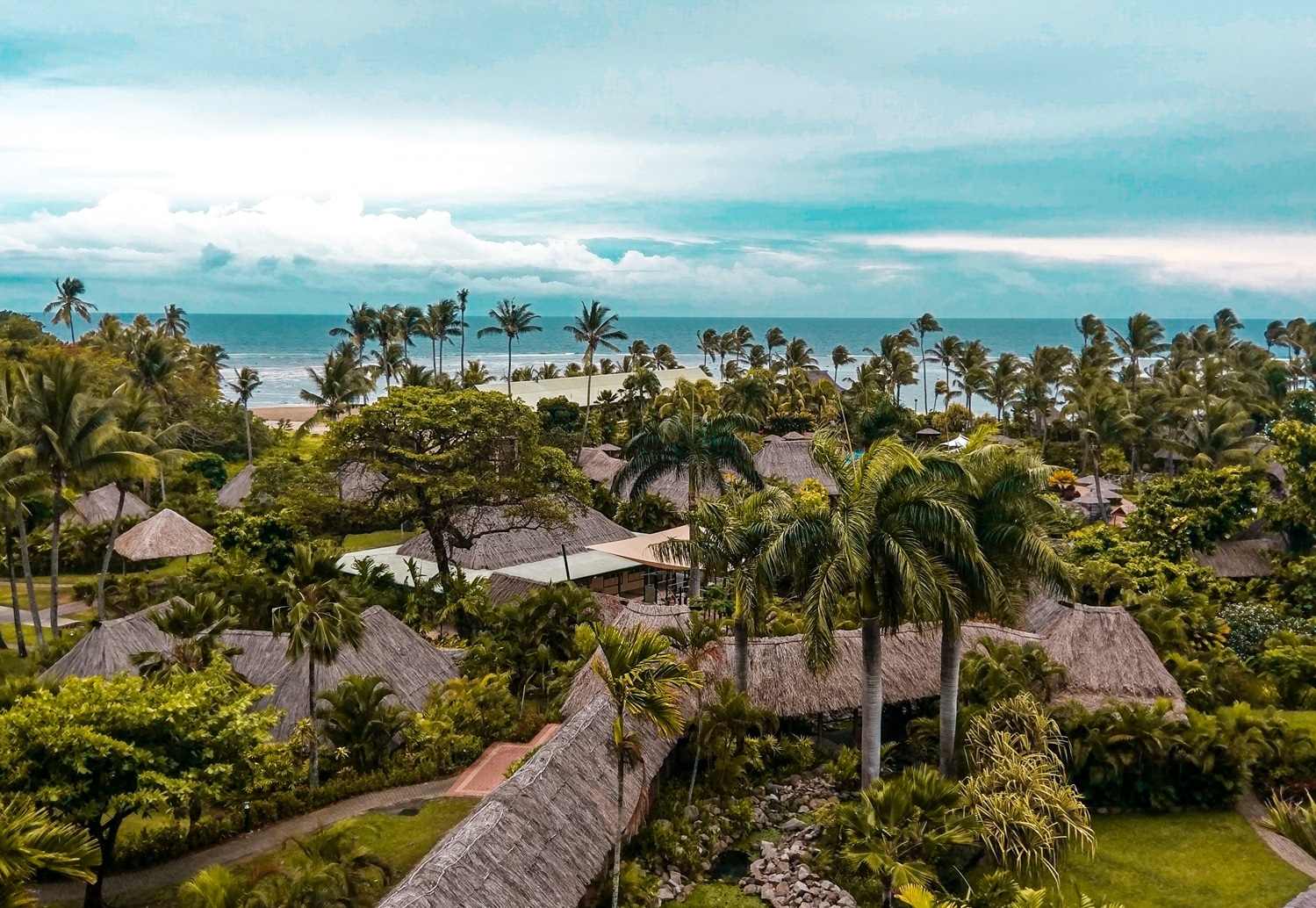
Best Fiji Liveaboards
Handpicked Fiji Selections
Liveaboard Diving in Fiji
Fiji, an archipelago in the South Pacific, is a premier destination for liveaboard diving cruises, offering an enchanting world of underwater diversity. Known for its clear lagoons, stunning coral reefs, and abundant marine life, Fiji's warm waters invite divers into a vibrant ecosystem unlike any other. Liveaboard diving trips in Fiji provide an exclusive and comprehensive way to explore the scattered islands, each a unique diving gem. With its friendly local culture and breathtaking natural beauty both above and below the water, Fiji promises an unforgettable diving experience
Must See Fiji Dive Sites
Fiji's liveaboard diving cruises offer a journey through some of the most famous and spectacular dive sites in the world. The Nigali Passage, a channel within the Great Astrolabe Reef, offers thrilling shark encounters amid lush coral landscapes. Namena Marine Reserve is a biodiversity hotspot, a protected area where divers can marvel at schools of barracuda, jacks, and the resplendent soft corals that make Fiji famous.
Explore the nutrient-rich Bligh Waters, known for their vivid coral reefs and diverse marine life, where currents bring an exhilarating challenge to the experience. Viti Levu, Fiji's largest island, provides access to renowned sites like Beqa Lagoon, famous for its shark diving and colorful reef systems. Nearby, Vanua Levu offers a quieter but equally stunning dive experience, with pristine sites that attract manta rays, dolphins, and an array of tropical fish.
Liveaboard diving trips in Fiji are not just a journey through beautiful waters but an immersive experience into a world where nature's most intricate creations are on full display. From the swirling schools of pelagic fish to the serene beauty of the coral gardens and the adrenaline rush of shark encounters, Fiji's waters promise a dive adventure filled with wonder and diversity
When To Go Diving in Fiji
The best time for liveaboard diving in Fiji is from April to October when sea temperatures range from a comfortable 24°C to 28°C (75°F to 82°F). Visibility during these months is often excellent, extending up to 40 meters (130 feet), offering clear views of the thriving underwater life. Currents vary from gentle flows in sheltered lagoons to strong passages between islands, catering to a range of diving experiences and skill
Frequently Asked Questions About Fiji
What kind of marine life can I expect to see in Fiji?
In Fiji, divers can expect to encounter an incredible diversity of marine life, making it a top destination for underwater enthusiasts. Here's a snapshot of what you might see:
Soft Corals: Fiji is renowned as the "Soft Coral Capital of the World." Divers can expect to see a dazzling array of soft corals in every color imaginable, especially in areas with strong currents that bring in nutrients to feed these vibrant organisms.
Hard Corals: Beyond soft corals, the reefs are also teeming with a variety of hard corals, creating a rich, intricate structure that supports a diverse marine ecosystem.
Reef Fish: The coral reefs are home to thousands of species of fish, including colorful parrotfish, butterflyfish, angelfish, damselfish, and many others that add a splash of color to the underwater landscape.
Predatory Fish: Larger predatory fish like barracudas, trevallies, and reef sharks patrol the waters, adding an element of excitement to the dives.
Pelagic Species: In deeper waters and certain sites, you might encounter larger pelagic species such as manta rays, and, if you're lucky, the occasional whale shark.
Sharks: Fiji is famous for its shark dives, particularly in the Beqa Lagoon area, where divers can encounter up to eight species of sharks, including bull sharks and tiger sharks, in a single dive.
Turtles: Several species of turtles, including Hawksbill and Green turtles, are commonly seen grazing on the reefs or swimming leisurely in the open water.
Molluscs and Crustaceans: Divers interested in smaller critters will be delighted by the variety of nudibranchs, shrimps, crabs, and octopuses hiding within the corals and crevices.
Macro Life: For those who enjoy macro photography or spotting the smaller inhabitants of the reef, Fiji's waters are filled with fascinating creatures like pygmy seahorses, leaf scorpionfish, and a myriad of other small, often camouflaged species.
The rich waters and healthy reefs of Fiji provide a habitat for a vast array of marine life, offering divers an ever-changing tableau of the ocean's most fascinating creatures. Whether you're a first-time diver or an experienced underwater explorer, the marine life in Fiji is sure to offer a memorable and visually stunning experience
How does Fiji's diving compare to other popular dive destinations?
Fiji's diving is often compared to other popular dive destinations based on several key aspects like marine biodiversity, types of dive sites, water conditions, and the overall experience. Here's how Fiji stands out:
Marine Biodiversity:
Fiji: Known as the "Soft Coral Capital of the World," Fiji boasts an incredible variety of soft and hard corals, creating vibrant, colorful underwater scenes. It's also home to a vast array of fish species, sharks, rays, and occasional pelagic visitors.
Other Destinations: Places like the Coral Triangle (including Indonesia, Philippines, and Papua New Guinea) are known for their unmatched marine biodiversity. The Caribbean has diverse marine life but is often less dense in coral and fish varieties compared to Fiji and the Coral Triangle.
Unique Features:
Fiji: Renowned for its soft corals, shark dives, and friendly Fijian culture. It's also less crowded compared to some dive hotspots, offering a more secluded experience.
Other Destinations: Areas like the Galapagos and Cocos Island are famous for large pelagic species. The Caribbean has notable wreck dives and accessible shallow reefs perfect for beginners.
Accessibility and Infrastructure:
Fiji: Well-developed for tourism, with a range of accommodations and liveaboard options. However, it's more remote, which might mean longer travel times compared to some destinations.
Other Destinations: Popular spots like Thailand, the Caribbean, and parts of the Red Sea often have more direct access and a wide range of facilities catering to tourists
